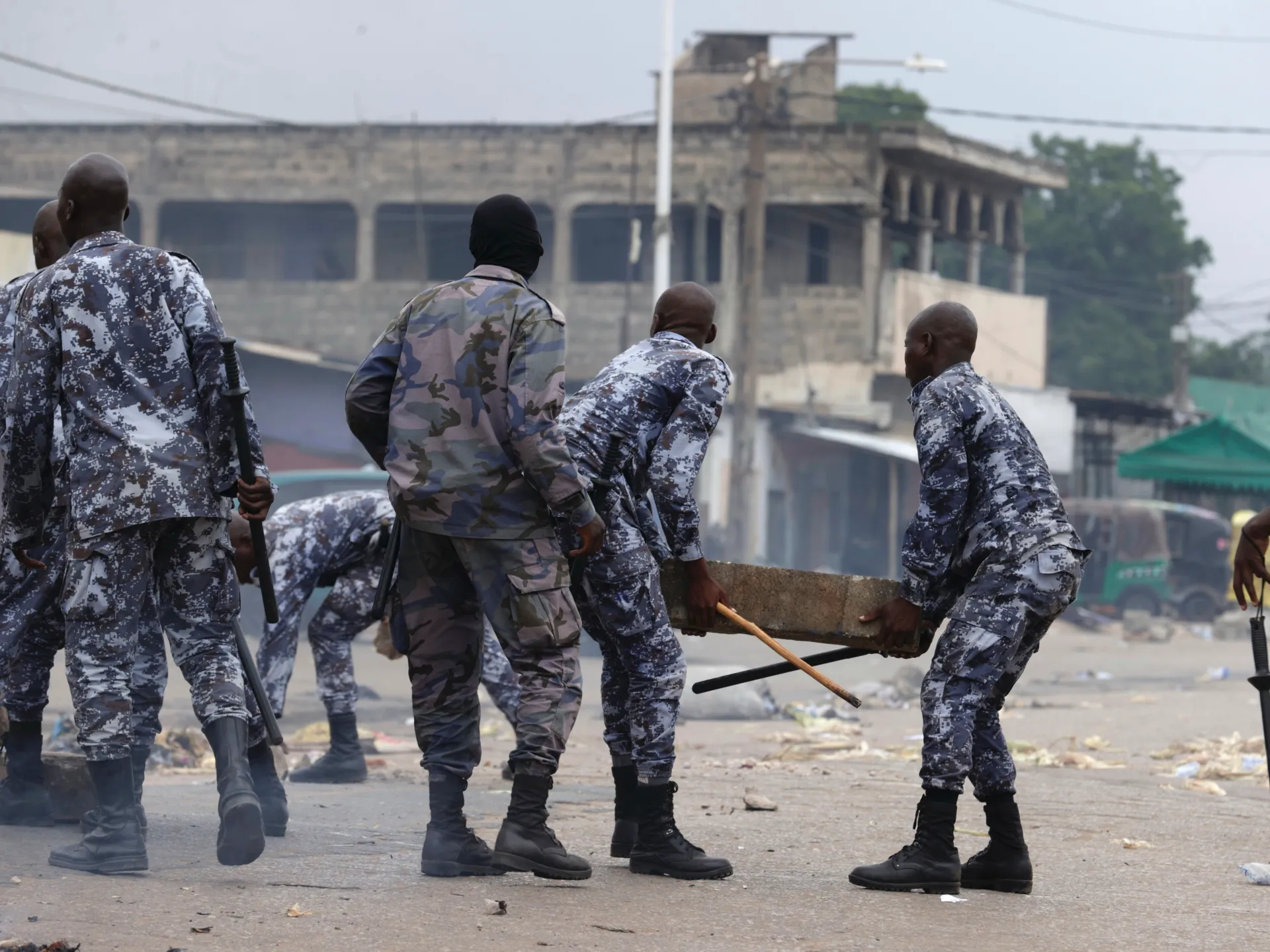
Togo’s political unrest has found a powerful new voice in rapper Aamron, whose dramatic return to the public eye on July 6 has reignited a national debate on justice, repression, and youth-led resistance.
The artist, a rising cultural figure, broke his month-long silence in a France 24 interview, detailing his arrest and forced internment amid a wave of unrest triggered by sweeping constitutional reforms.
In April 2025, the Togolese government pushed through a significant overhaul of the country’s political system.
At the heart of the changes was a move to strip citizens of their right to directly elect the president—an act carried out without public consultation. For many, especially in urban centres, it was a step too far.
Protests erupted in cities across the nation, fuelled in part by Aamron’s viral social media call to action. Shared just days before his birthday—which he shares with the president—the message urged citizens to occupy the streets.
The response was swift: crowds gathered, tensions flared, and security forces cracked down hard.
Aamron was arrested at his home shortly afterward. What followed was a chilling ordeal. Without formal charges, the artist was detained and committed to a psychiatric facility.
He was released on June 21, but only now is the full scope of his experience coming to light.
“I was interned against my will,” Aamron said in his televised appearance. “But I won’t respond to violence with violence.
What we need is awareness. What we need is dignity.”
Carefully navigating his message, the rapper stopped short of naming senior officials, instead alluding to a shadowy inner circle he described cryptically as “winged figures.”
His release and subsequent statements have resonated deeply, particularly with Togo’s younger generations.
Aamron has become more than a musician—he is now a symbol of a grassroots movement that feels stifled by political stagnation.
His refusal to call for violent retaliation may signal a shift toward more organized, nonviolent civic action in the months ahead.
Yet, questions remain. Can a government that has increasingly concentrated power allow space for dissent, however peaceful? Or will voices like Aamron’s continue to be met with silence and suppression?
For now, one thing is certain: in a country caught between control and change, Aamron’s return has redrawn the lines of the national conversation.



